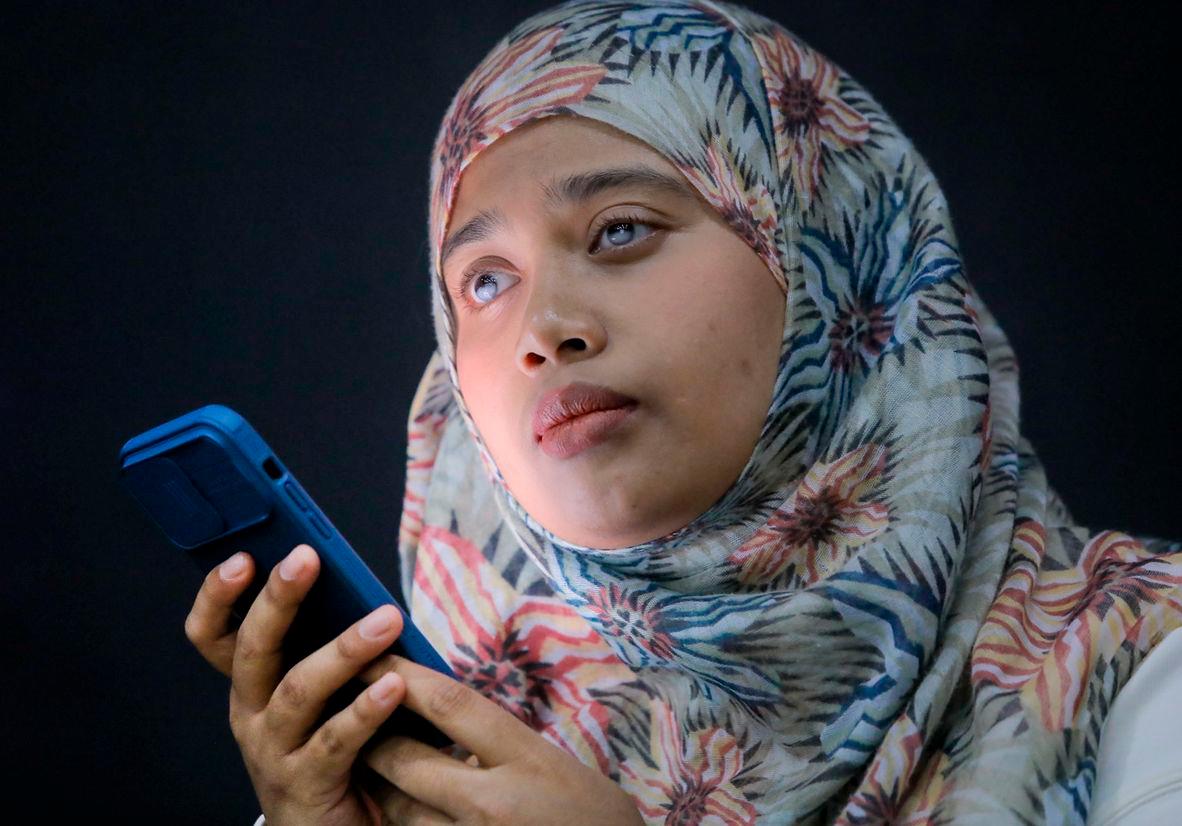PETALING JAYA: Advocates are urging Malaysia to adopt proper web accessibility standards to ensure Persons with Disabilities (PwD) are not excluded from essential digital services, as more aspects of daily life move online.
The call is led by Universiti Sains Malaysia computer science graduate Tat Sean Pang, who has worked in the software industry since 2001.
He first encountered accessibility requirements while consulting on a US project that had to comply with the Americans with Disabilities Act, which inspired him to draft a proposal for Malaysia to take digital inclusivity seriously.
“Web accessibility is not just a technical requirement. It is about equity, dignity and independence for all citizens,” he said, adding that tasks such as renewing road tax, applying for passports and paying government bills are now largely digital.
Pang highlighted that the US, UK, Canada, Australia, New Zealand and the European Union have legislated accessibility compliance, while Singapore’s Government Technology Agency has made it a priority with strong ministerial backing.
He suggested Malaysia begin with awareness campaigns and education, moving towards adopting international standards such as the web content accessibility guidelines (WCAG).
Echoing the concern, Society of the Blind in Malaysia communication, advocacy and human rights committee chair and member of the National Council for PwD Muhamad Nadhir Abdul Nasir stressed that accessibility must be seen as a necessity, not a luxury.
“Digital accessibility means persons with different impairments can easily, intuitively and meaningfully interact with a website or app. It’s not just about design that looks good to non-disabled users. For us, it’s about equity, freedom, independence, dignity and belonging,” he said.
Nadhir explained that accessibility can be as simple as ensuring buttons are labelled correctly, menus can be navigated with a keyboard and images include alternative text for screen readers.
But he warned that true reform must go deeper than surface-level fixes.
Among the recommendations were:
- national standards aligned with WCAG 2.1, with PwD involved as auditors rather than relying solely on automated tools;
- updating laws, such as the Communications and Multimedia Act 1998, and ensuring new Bills – including the Freedom of Information Bill – carry accessibility provisions;
- accessibility-first procurement, making compliance mandatory for government digital projects and extending it gradually to GLCs, the private sector and NGOs;
- training and accreditation certifying PwD as accessibility experts recognised locally and internationally;
- funding and capacity building, with grants for disability organisations to run awareness programmes and strengthen the assistive technology ecosystem; and
- constitutional protection enshrining accessibility, universal design and reasonable adjustment as fundamental rights.
“These are not just technical fixes. They are systemic changes that require political will and proper engagement with the disabled community,” Nadhir said.
He pointed out that the Covid-19 pandemic exposed the risks of inaccessible systems, citing how the MySejahtera app was almost unusable for screen reader users at its launch.
He also noted how platforms such as Netflix show that accessibility benefits both blind and deaf users through features such as subtitles and user-friendly navigation.
Although frameworks such as Section 30 of the Persons with Disabilities Act 2008 and the government’s Action Plan for Persons with Disabilities 2016 to 2022 exist, Nadhir felt that implementation remains limited.
“On paper, accessibility looks visible. But in practice, we don’t see real results. As with many issues in Malaysia, the gap lies in implementation, monitoring and evaluation,” he said.
He stressed that technology would only empower PwD if accessibility is built into systems from the outset.









